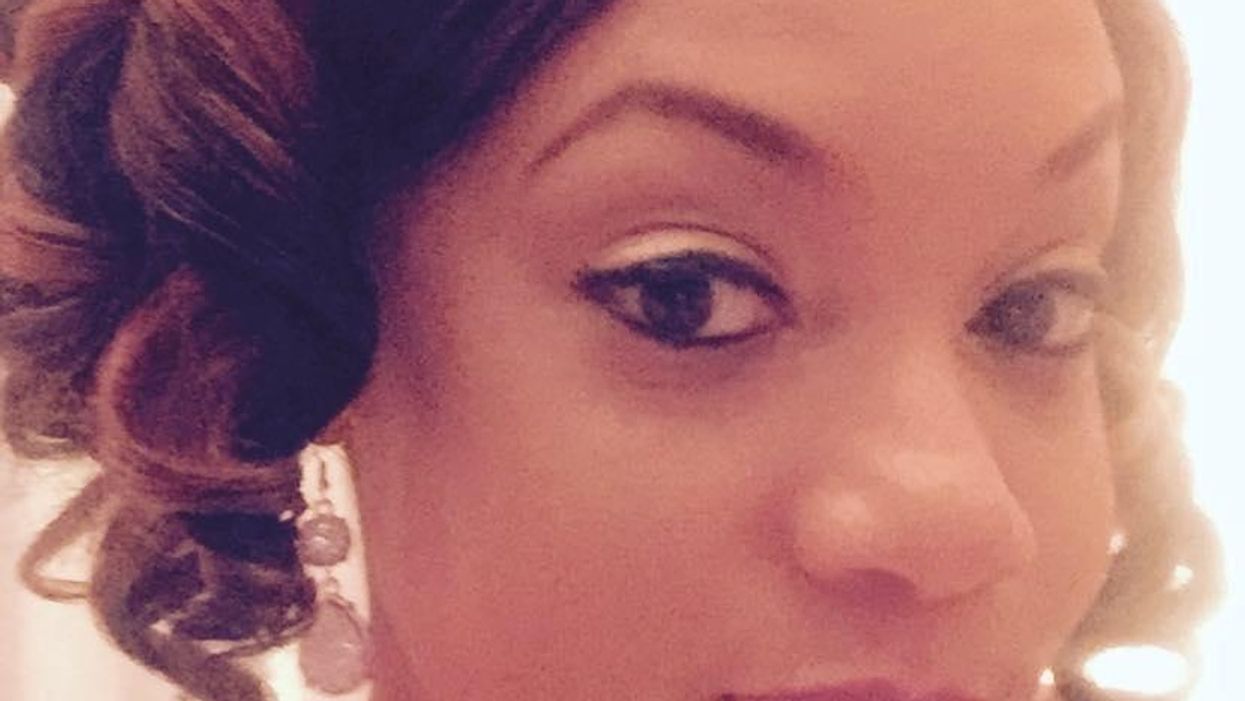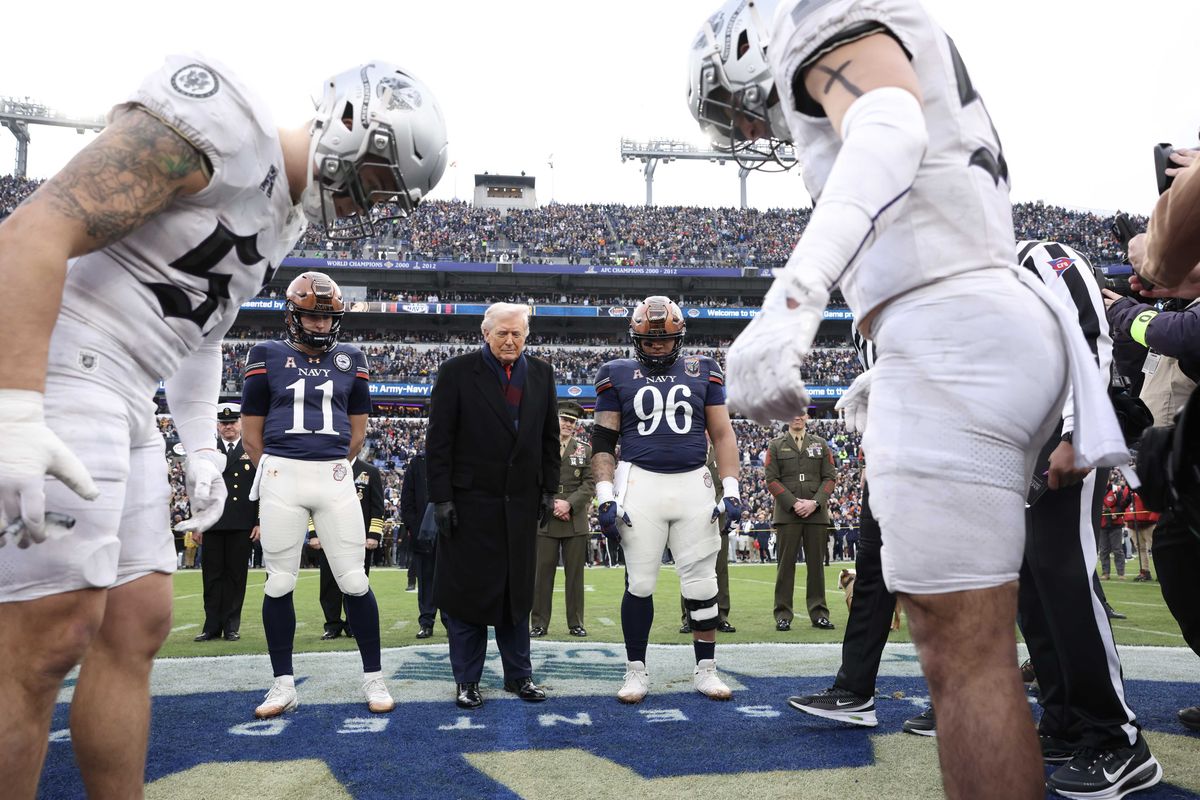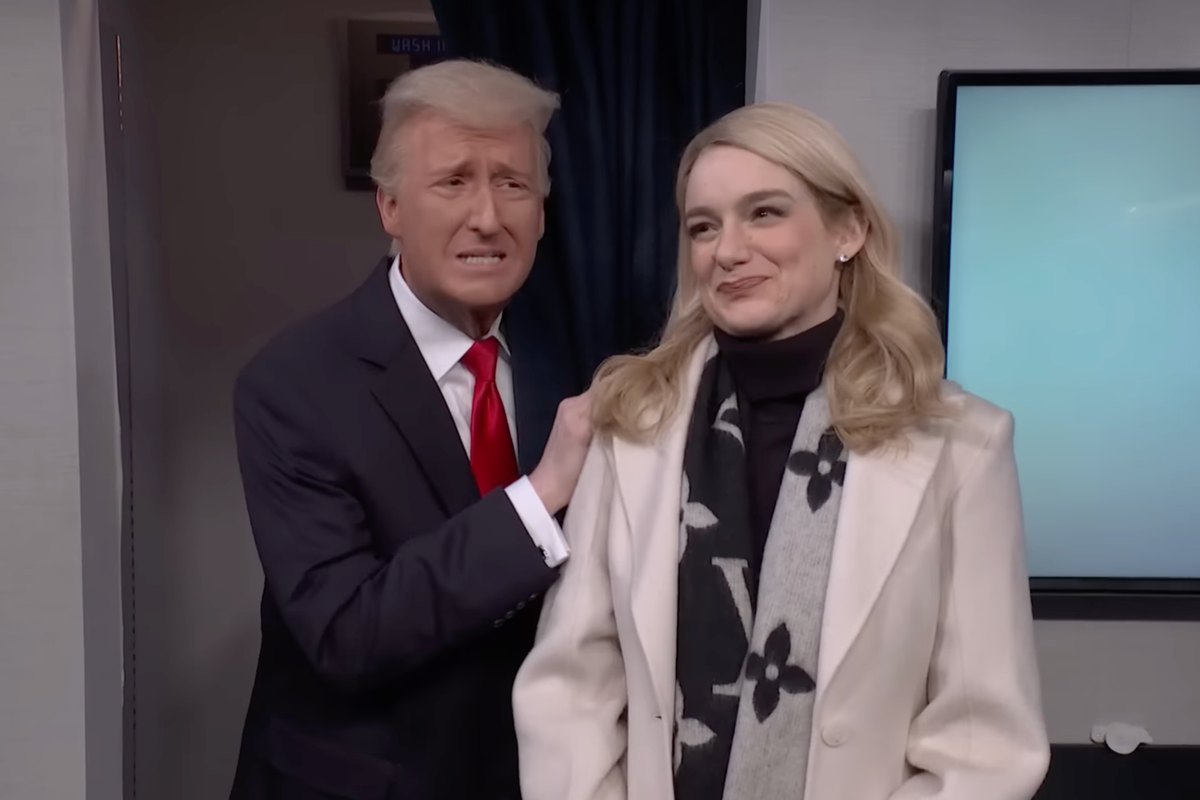Carolyn Y. Johnson
Oct 17, 2016

Facebook
When Tamika Cross heard a woman screaming for help for her husband, who fell ill on a Delta flight last weekend, she sprang to action. The young black doctor, on her way home from a wedding in Detroit, took off her headphones, put her tray table up and unbuckled her seat belt.
A flight attendant called out for medical assistance for the man, who was unresponsive. Cross, a fourth-year resident at McGovern Medical School at the University of Texas Health Science Center at Houston, raised her hand.
“She said to me, 'oh no sweetie put ur hand down, we are looking for actual physicians or nurses or some type of medical personnel, we don't have time to talk to you,' “ Cross wrote in a Facebook post that has gone viral.”I tried to inform her that I was a physician, but I was continually cut off by condescending remarks.”
A request went out over the PA system, asking any doctors on board to press their call buttons. Cross pressed hers. But the incredulous flight attendant asked if she was an “actual physician,” according to Cross, and requested to see her medical credentials. The attendant quizzed her about why she was in Detroit and where she practiced medicine. When a white man approached and identified himself as a doctor, she said they no longer needed Cross's help.
A Delta Air Lines spokeswoman, Catherine Sirna, said that discrimination of any kind was unacceptable.
“We’ve been in contact with Dr. Cross and one of our senior leaders is reaching out to assure her that we're completing a full investigation,” Sirna wrote in an email.
In an updated statement released Friday, Delta said its investigation was continuing. The airline said three medical professionals identified themselves on the flight in question, but only one person could provide credentials verifying their training.
“Flight attendants are trained to collect information from medical volunteers offering to assist with an onboard medical emergency. When an individual’s medical identification isn’t available, they’re instructed to ask questions such as where medical training was received or whether an individual has a business card or other documentation and ultimately to use their best judgment,” the statement said.
Cross said that what she experienced on the plane was depressingly familiar. She is black, female and young, and people make all kinds of incorrect and sometimes outright offensive assumptions about her medical expertise. On her very first day of being a doctor, she said, she was asked whether she was there to clean the room.
Although she felt personally disrespected and humiliated, Cross said she's pretty desensitized to situations like that because they happen so often. She decided to go public with her story because a flight attendant's inability to believe she was a physician — for whatever reason: race, age or gender — could have threatened a person's life. Fortunately, the man recovered and walked off the plane, Cross said. But if he had not, the time the flight attendant spent questioning her about whether she was a doctor would have been time she could have spent trying to help him.
For years, minority doctors have grappled with the thorny and painful question of how to deal with racist patients. Female doctors often find themselves mistaken for nurses.
What Cross experienced may highlight a more subtle and common kind of “implicit bias” than the overt sexism and racism we're used to talking about. Overt bias certainly exists, but there is also a growing body of scientific literature that's revealing an even more uncomfortable truth — deep-seated unconscious biases help steer our thinking and behavior — even when we don't realize it.
Caroline Wilmuth studied implicit bias as a graduate student at Harvard University, and she frequently used variations of a well-known riddle in her research: A father and son are in a bad car accident. The father dies at the scene. The son is brought to the operating room. The surgeon walks in, sees the boy and says, “I can't operate on that boy — he's my son!” How could this be the case?
In Wilmuth's experience, the majority of people fail to solve the riddle. The simplest answer is this: The doctor is the boy's mother. But not only do people not think of this, they will often go to great lengths — Wilmuth called them “mental gymnastics“ — to come up with a solution: The surgeon is the boy's stepfather. Or an uncle, who always treated the child like his own son. Maybe the surgeon is God and the story has a spiritual dimension.
The way people grapple with the question — and their embarrassment once they're told the real answer — displays to Wilmuth just how strong these implicit cognitive biases can be. Our assumptions about how the world is organized go so deep that it doesn't occur to most people that the doctor might be a woman.
Cross wasn't asking anyone to solve a riddle. She was sitting calmly in her seat, informing the flight attendant that she was a doctor. But what she had to overcome were the same sorts of biases that make it so hard for people to realize that the surgeon in the riddle is a woman.
"Even when information that disconfirms one's biases is presented, people struggle to accept that their previous beliefs about the world, what a doctor looks like, what a president looks like, etc. might be false,” Wilmuth wrote in an email. “What happened on that plane is what women, particularly those of color, face every day. They have to prove themselves, their credentials, and their qualifications more so than men do. White men are given the benefit of the doubt, whereas black women are saddled with the burden of proof — their word not being good enough to overcome the bias that works against them.”
These hidden biases have become a central topic in the presidential campaign, with Democratic candidate Hillary Clinton pointing out that they affect us all — even when we aren't aware of it.
"I think, unfortunately, too many of us in our great country jump to conclusions about each other. And therefore, I think we need all of us to be asking hard questions about, you know, why am I feeling this way?” Clinton said in the first presidential debate last month.
Cross said that she made the story public to raise awareness of the issue. She hopes that Delta will investigate what happened, but she has no desire to see the flight attendant fired — although perhaps sensitivity training might help, she said. Cross said that the flight attendant apologized multiple times and offered SkyMiles.
When Cross told a supervisor at the gate what had happened, he said he was appalled and told her to file a complaint online. He handed her a drink ticket.
Cross thought an email to customer service would get lost, so she decided to make a public post about the episode on social media. Now, she knows that she is not alone; in the unspooling comment thread on her Facebook post, other medical professionals have shared their own experiences of encountering bias.
Copyright: Washington Post
More: This cartoon sums up the world's response to the hurricane in Haiti
More: ‘Mommy died last night’: Father videotapes moment he tells 8-year-old
Top 100
The Conversation (0)














